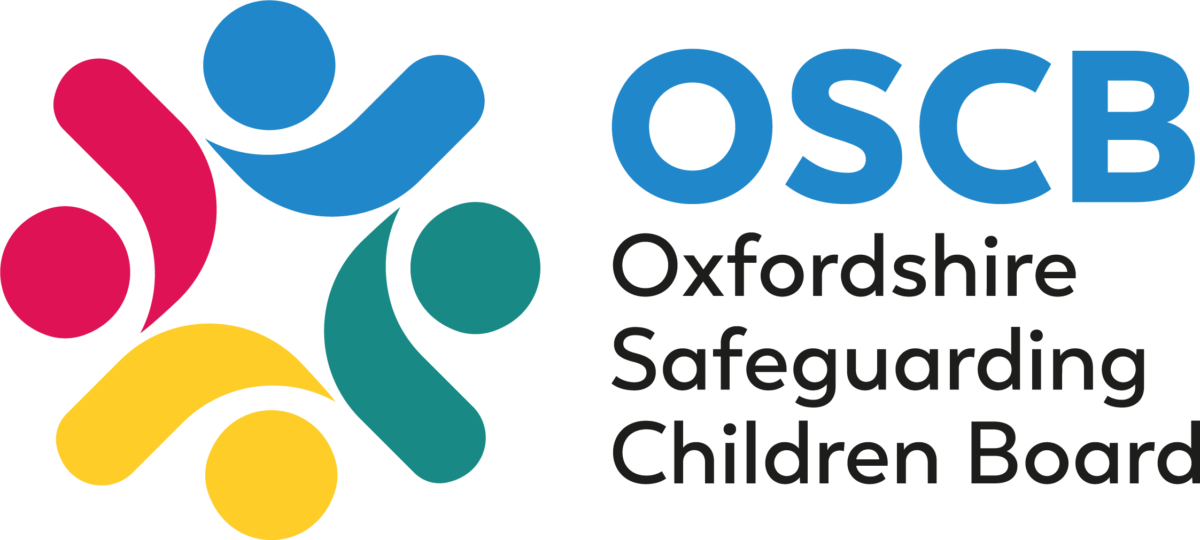Disordered Eating
While disordered eating can affect anyone of any age, young people are at particular risk.
Through the COVID-19 pandemic, a lot of services have noticed an increase in children and young people requesting support in relation to eating problems. Controlling what they eat has been a way of managing anxiety during these difficult times.
According to BEAT, an eating disorder charity, “students are nine times more likely to speak to a teacher than a parent about an eating disorder.” We know that the earlier an eating disorder is treated, the better chance someone has of fully recovering. Every state secondary school in Oxfordshire has an Oxford Health school nurse who children and young people can talk to if they worried about either their mental and/or physical health and wellbeing, follow this link to Oxford Health news for further information.
Both parents and young people can access the Oxford Health school nurses Facebook page, where you will find a range of useful resources. Alternatively you can visit the Oxford Health CAMHS website here or the find resources for eating disorders on the BEAT website.
If you need the contact details for your school nurse, please visit your school website where you will find further details, or the Oxford Health school nurse website here.
CAMHS Eating Disorders Service
CAMHS stands for Child and Adolescent Mental Health Service. CAMHS help children and young people up to 18 who are finding it hard to cope with everyday life because of difficult feelings, behaviour or relationships.
CAMHS Eating Disorders Service provides information for young people, families and professionals, where there is concern that a young person may have an eating disorder, and support for young people with eating disorders. To download a leaflet on the service, follow this link: Information about the Eating Disorders Service for young people and their families
How to get help
Further information and resources:
- Beat (beateatingdisorders.org.uk): Beat is the UK’s eating disorder charity. Founded in 1989 as the Eating Disorders Association. Follow this link for information on types of eating disorders, signs and treatment, support services, training and resources and tips/guidance on how to support someone affected by an eating disorder
- Young Minds – Eating problems: For information and resources on eating problems for children, young people and parents
- Childine – Eating problems: Access information, advice, support and a toolbox for children and young people affected by eating problems
- MIND: Learn about eating problems, including possible causes, symptoms and how to access treatment and support. Includes self-care tips for helping yourself, plus guidance for friends and family.
